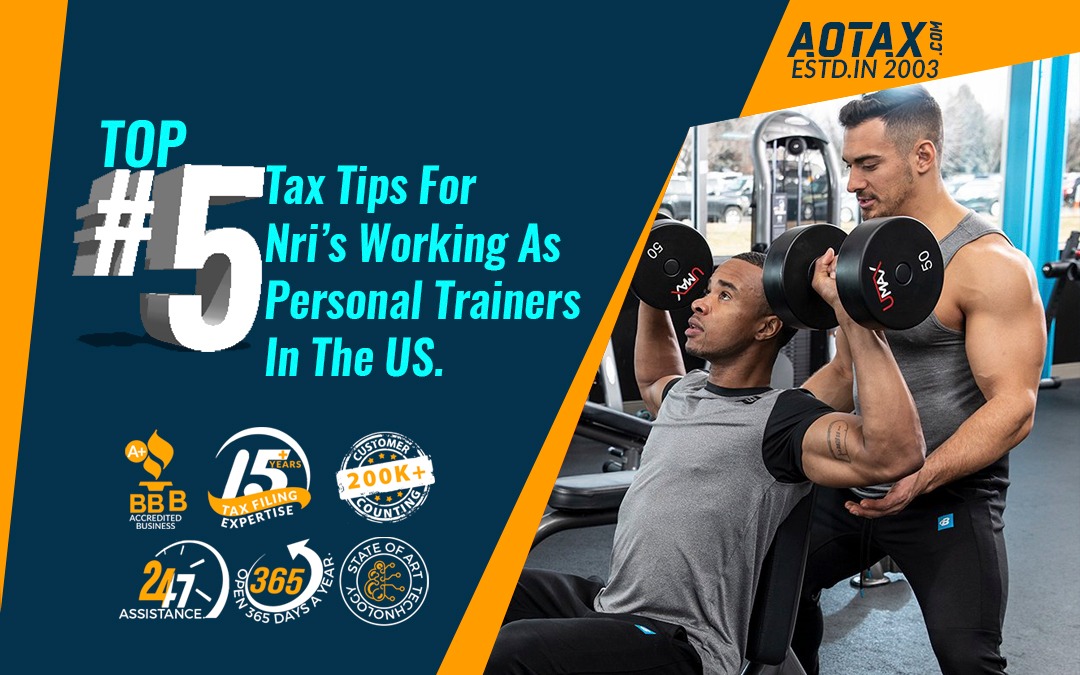
Taxation Norms For The NRI Entrepreneurs In The US
Taxation Norms For The NRI Entrepreneurs In The US
Getting your idea into a working model can be strenuous and require a lot of effort. taxation norms for NRI entrepreneurs in the US. If you have to worry about taxes on top of it, things can get a bit out of control. Taxes for individuals and businesses work entirely differently. And not being aware of these might result in Entrepreneurs paying a lot more taxes than they ought to or getting into a lot of unwanted tax-related problems that could have been avoided. Here are a few simple tips that can help you avoid these conundrums.
The Right Entity
The type of legal entity that you choose for your business plays an instrumental role in deciding the applicable taxes. For example, the taxes for a corporation differ from that of a partnership and it differs from a sole proprietorship. Needless to say, each entity has its advantages and disadvantages. And you must pick an entity that best serves your interest and helps you save on the taxes as well. For instance, startups usually stay away from C corporation due to double-taxation. Since the company pays taxes and the individual owners must also pay taxes. LLC (Limited Liability Corporation) and S Corporations manage to avoid double taxation.
Segregate the Finances
It is recommended that you get into the habit of bookkeeping as early in the company’s lifecycle as possible. Here are some easy ways of ensuring the same.
- Getting a corporate checking account.
- Creating a balance sheet and income statements.
- Getting a corporate savings account.
Failing to separate personal and business finances can have severe consequences. In case of a lawsuit, the opposition lawyer can sue you from the organization’s point of view and personally also. In extreme cases, the Secretary of State can strip your company’s corporate status as well.
Total Tax Compliance
Another crucial step is determining the significance of full tax compliance. While a lot of it has to do with the legal entities, the city and state also play an important role in the same. Some of the larger cities levy Business Privilege taxes on the companies that operate within the city. Usual taxes are on the net profits of an organization, but the business privilege taxes are on the gross income. A simple example would be, if you sold products worth $500,000 in the previous year, you would owe a percentage of the income to the city.
Deductible Expenses
One of the advantages of being an entrepreneur or a startup is that you can claim most of the business related expenses. As long as the expenses are necessary and are ordinary in nature, you can claim the amount as business expenses. Here are some common examples of business expenses.
- Any magazines or books related to your field of work.
- Training materials or programs for your industry.
- Any sort of travel for your work.
- Certain expenses related to client entertainment.
- Utilities for the office or home offices such as rent and other bills.
The only thing to keep in mind for such expenses is to have proper receipts and documentation to back your claims. It is recommended that you keep all such receipts and documents at a single place as you keep getting them.
Paying Quarterly Taxes
Paying your taxes every quarter is a habit that one must inculcate as an entrepreneur. This will help you plan for your taxes in a more efficient manner. Also, you will not be surprised by a huge tax bill at the end of the year. A little bit of trouble every quarter will save you from a lot of headaches down the line.
A proper knowledge of taxes and the norms is very essential for everyone planning taxes and their liabilities. For all NRI entrepreneurs it is no exception and thus, they should also know the basics of taxation laws.





Recent Comments